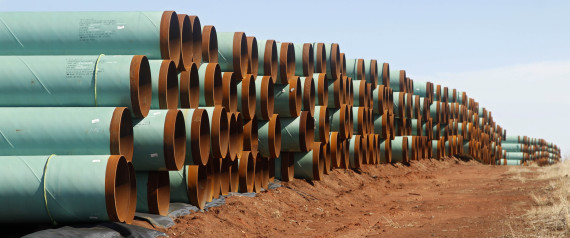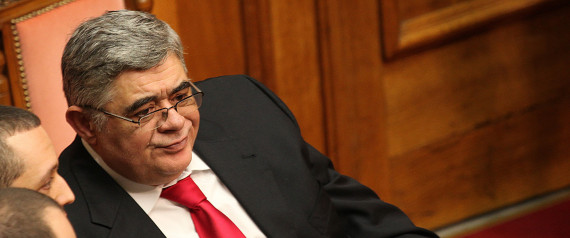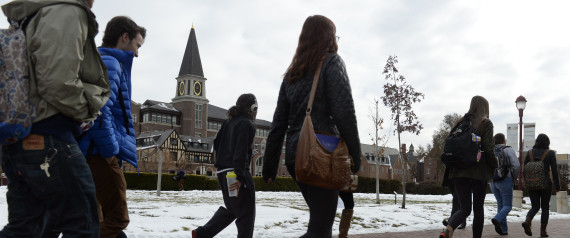WASHINGTON -- The Environmental Protection Agency issued comments on the State Department’s environmental analysis of the Keystone XL pipeline, stating that development of the Canadian oil sands “represents a significant increase in greenhouse gas emissions" compared to other types of oil.
The State Department issued its Final Supplemental Environmental Impact Statement (FEIS) in January 2014. Agencies were given time to comment on the analysis, which was extended while the administration awaited a decision in a legal case challenging the proposed pipeline route through Nebraska.
The State Department issued its Final Supplemental Environmental Impact Statement (FEIS) in January 2014. Agencies were given time to comment on the analysis, which was extended while the administration awaited a decision in a legal case challenging the proposed pipeline route through Nebraska.















